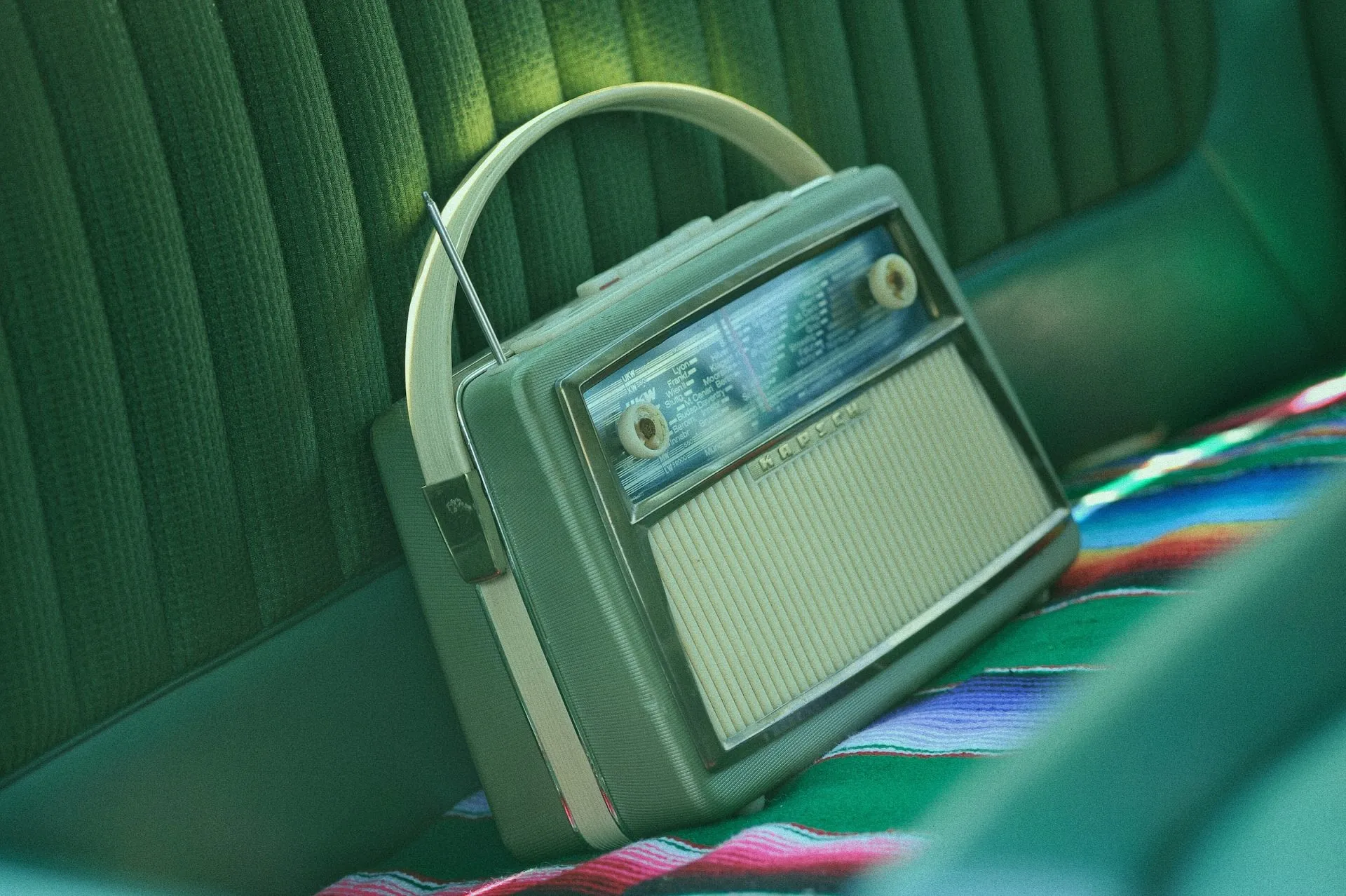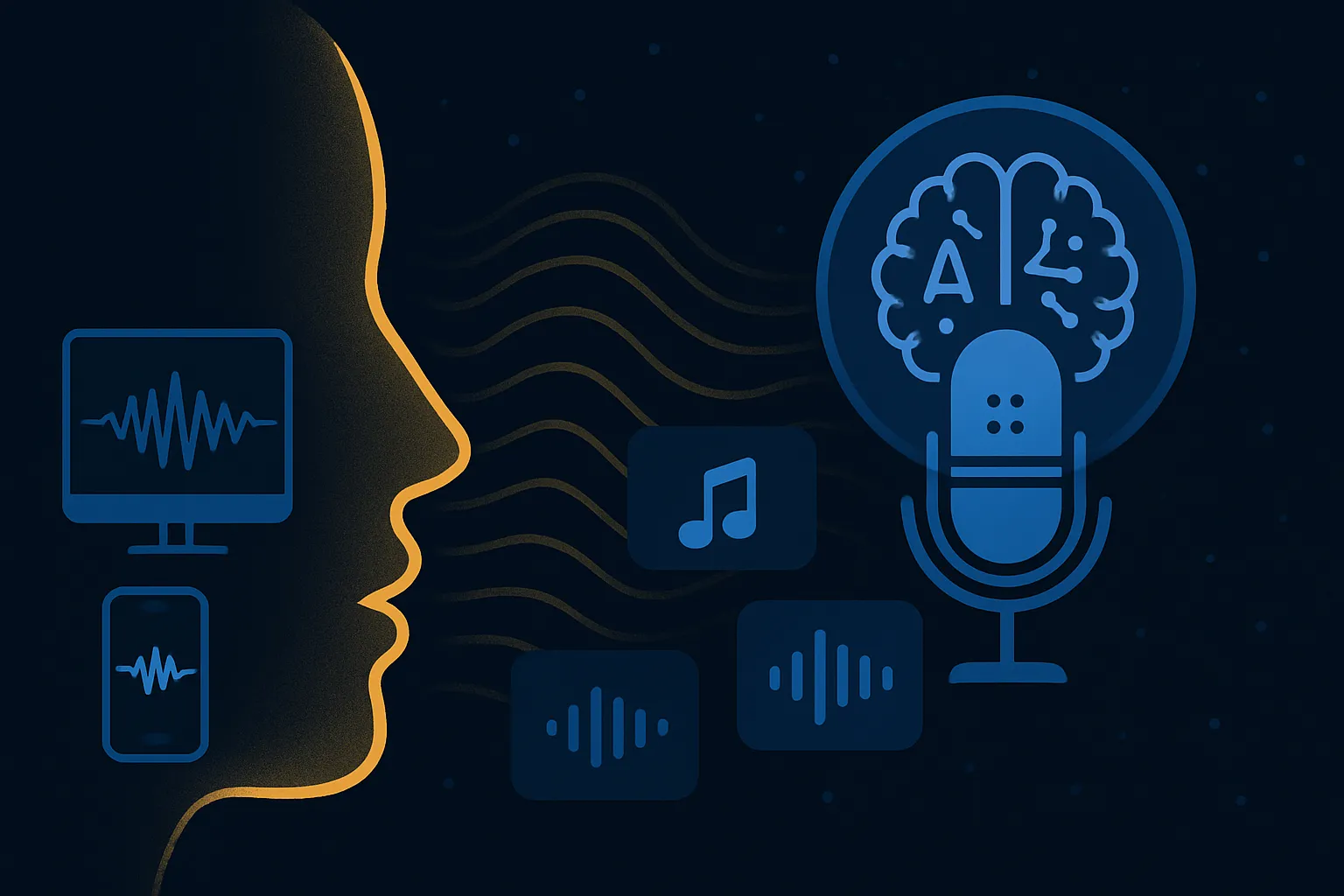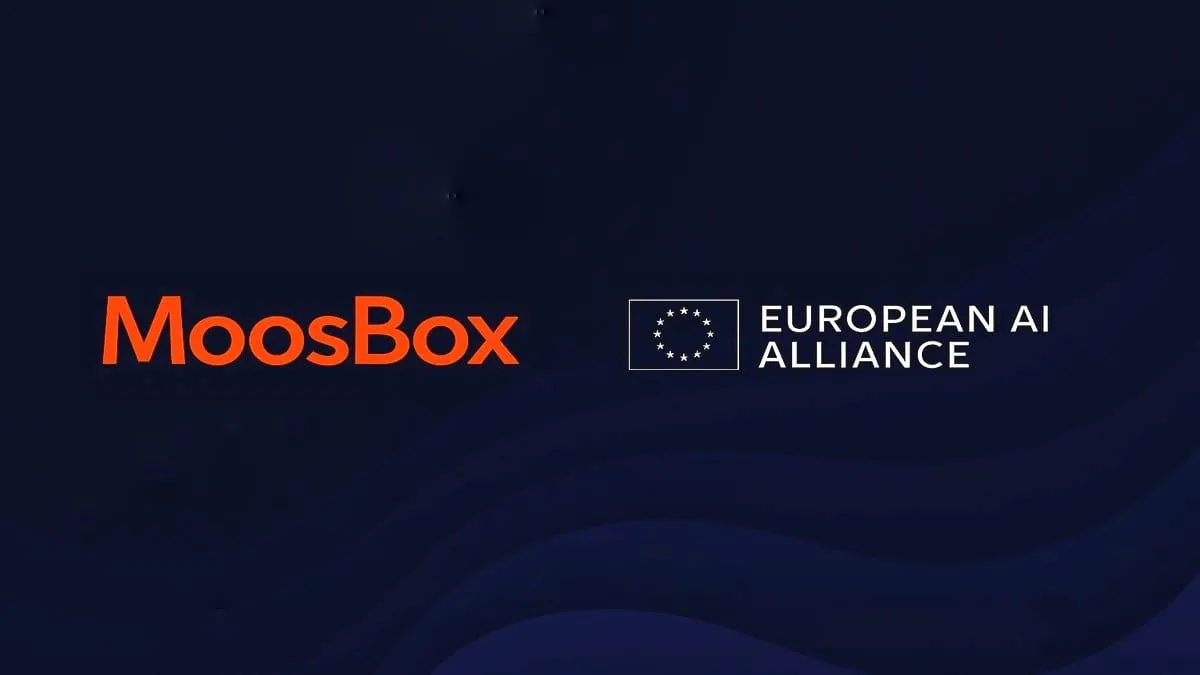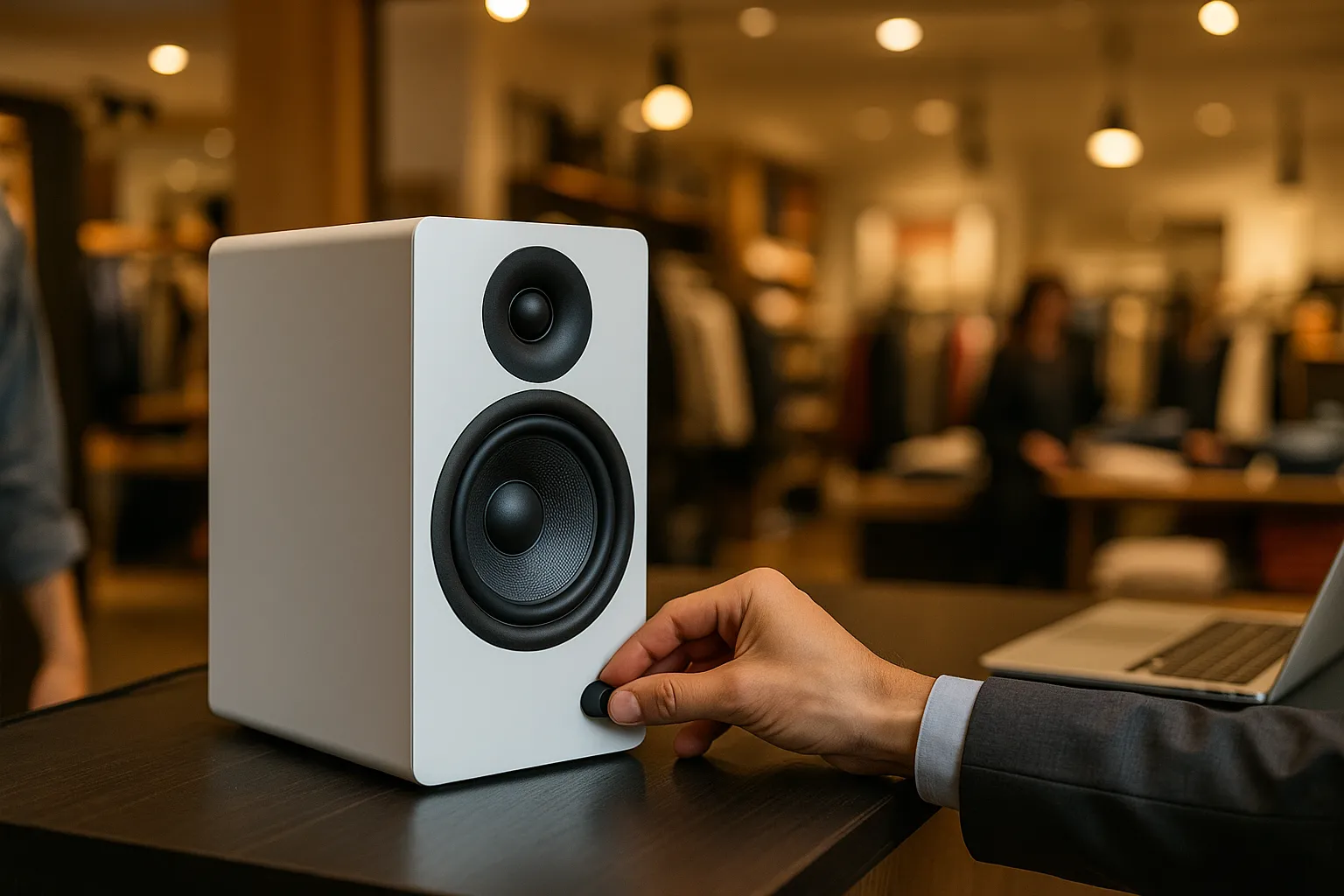Let’s talk about mainstream or royalty free music. Mainstream (“famous”) copyrighted music is protected by copyright laws and requires the acquisition of licenses for use. This means that to disseminate this type of music in stores, licenses must be acquired from copyright holders or copyright management companies. Copyrights for using music in stores refer to the rules that govern the use and distribution of music in a commercial context.
These are specifically licenses related to Copyrights and Related Rights, regardless of whether you use FM radio, webradio, in-store radio, or any other medium.
Copyright: mainstrem or royalty free
In order to distribute music in stores, it is therefore necessary to acquire copyrights for individual songs or for the entire collection of songs. This can be done by purchasing licenses from copyright holders or copyright management societies.
In general, these licenses may allow music to be played in stores, broadcast on radio and television, used in movies and television programs, and distributed through music streaming services.
Basically, it means that music is protected by laws. In order to broadcast it in stores, through sound and video sound devices (audio and video players, radio and television sets, computers, smartphones, in-store radios, juke boxes and video juke boxes, etc.), it is necessary to pay royalties to all authorized Collecting.
This is a periodic subscription fee calculated on the number of devices in the business and the square meters of floor area of the business. The rate increases if there are outdoor sound areas, but there are also special “flat rates” for being able to use an unlimited number of devices.
The Connected Right
Related rights refer to the rights that the owners of musical works have over their use in contexts other than the reproduction and distribution of the songs.
In the context of the distribution of music in stores, related rights concern the use of songs in a commercial environment.
As with copyrights, these rights must be acquired through licenses, which can be purchased directly from rights holders or through rights management companies.
Copyright and related rights are regulated nationally and may vary from country to country.
In order to legally broadcast mainstream music in a venue open to the public, it is necessary to enter into a contract with each Collecting company and pay their fees; it is no longer possible to centralize it on just one of them, as in the past.
In many countries, violation of this rule constitutes a criminal offense, and it is an “instantaneous” offense, that is, it is carried out at the exact moment when the work is enjoyed without having the right to it, and therefore payment after the fact does not eliminate the punishable conduct.
Royalty Free Music
Royalty free music is a type of music for which no additional royalties (fees) need to be paid for use. This means that once usage is acquired through a subscription such as Moosbox’s, the music can be broadcast in-store legally. Royalty free music is often used in commercial contexts, in advertisements, promotional videos, and movies.
Choosing between mainstream or royalty free is easy with MoosBox
In summary, the difference lies in the fact that royalty free music does not require royalty payments for use. Copyrighted music requires the acquisition of licenses in order to be used.




